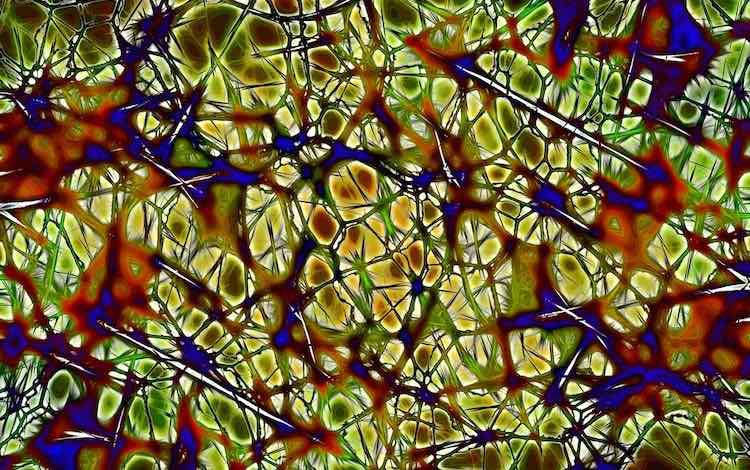Reductions in Air Pollution in China Saves Hundreds of Thousands of Lives Since 1990
Reductions in airborne particulate pollution in China has resulted in hundreds of thousands of fewer deaths since 1990, says study.

In a recent phase 2 clinical trial, the cancer drug bexarotene was found to regenerate the myelin sheath—the target of the autoimmune disorder multiple sclerosis, or MS.
A protective lipid layer around nerves in the brain and spinal cord, the myelin sheath is targeted by immune cells incorrectly in patients with MS, resulting in the disease's symptoms of neurodegeneration and disability.
The trial showed that bexarotene was able to effectively "remyelinate" the damaged nerves, placing scientists on the path towards a possible treatment.
Professor Alasdair Coles from the University of Cambridge said of the research, funded by a £250,000 grant for the MS Society UK, "The lessons we've learned are incredibly exciting, as we now have further concrete evidence that remyelination in humans is possible.
"This discovery gives us confidence that we will stop MS, and will swiftly be taken forward into further studies trialling other potential new myelin repair treatments."
A protective lipid layer around nerves in the brain and spinal cord, the myelin sheath is targeted by immune cells incorrectly in patients with MS, resulting in the disease's symptoms of neurodegeneration and disability.
The trial showed that bexarotene was able to effectively "remyelinate" the damaged nerves, placing scientists on the path towards a possible treatment.
Professor Alasdair Coles from the University of Cambridge said of the research, funded by a £250,000 grant for the MS Society UK, "The lessons we've learned are incredibly exciting, as we now have further concrete evidence that remyelination in humans is possible.
"This discovery gives us confidence that we will stop MS, and will swiftly be taken forward into further studies trialling other potential new myelin repair treatments."
The reason new myelin repair treatments would be necessary is because the drug, normally meant for cancer patients, created some serious side effects, like elevated blood lipids and thyroid disease and therefore cannot be used as a treatment.
Co-investigator Professor Siddharthan Chandran from the University of Edinburgh felt this is a step forward, first because myelin repair is now confirmed as possible, and also because the properties of bexarotene could be examined to find future drug candidates that don't have serious side effects.
"We now understand much more about myelin repair and are in a significantly better position to measure remyelination in clinical trials," said Chandran. "While this work was taking place, further lab research identified new and more tolerable treatments that could repair myelin, and we look forward to these being tested in trials imminently."
Around 100,000 people in the UK live with MS, and in the U.S. that number is closer to one million, so the MS Society is not relying on just the bexarotene trials, but is also launching a Phase 2 clinical trial based on 2019 research demonstrating that a combination of the diabetes drug Metformin and an antihystamine called Clemastine also led to regeneration of a myelin sheath damaged by MS.
"Metformin is one of the most exciting developments in myelin repair we have ever seen. Our findings last year shed light on why cells lose their ability to regenerate myelin, and how this process might be reversed," said Professor Robin Franklin, also from Cambridge, who led the 2019 study. "We're very proud to have done this work and thrilled to see our discovery taken forward so quickly."
The new Metformin/Clemastine trial will be led by Franklin and Coles—a dynamic duo of MS researchers; their work will hopefully lead to the MS Society's goal of developing a verified treatment of the disease by 2025.
PASS On The Hope and Share This Story With Your Friends…
Be the first to comment